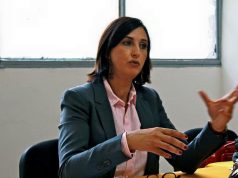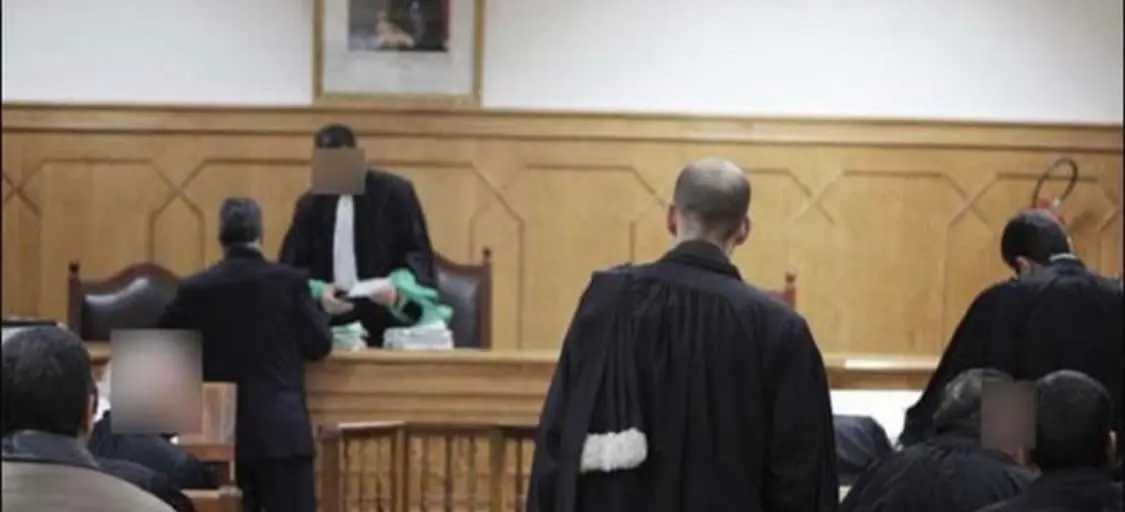At the tender age of 13, I was exposed to a world full of carnage, ferocity and dire poverty. I found myself immersed in the politics and debate that surrounded the unscrupulous and unjustified invasion of Iraq in 2003. I did not understand the logistics behind the invasion or the hatred of Saddam Hussein, but what I did comprehend was the ruthless ambition of a super power to violate a nation, annihilate political and social infrastructure and leave it’s people in anguish which has lasted till this very day. The tragedies of 9/11 and the catastrophe of the war in Iraq led me to a perpetual voyage to discover and learn about the rationale and causes behind, violence, conflict and poverty which is prevalent in the world we live in.
Parallel to my journey of finding out about the injustices happening across the globe was one that was more personal and intimate. The events of 9/11 happened a couple of months before my 12th birthday. It was a significant period in my young life as I had just started secondary school and with that came the challenges of getting used to a new environment, making new friends and dealing with the changes that simply came with growing up and becoming a teenager. However, I soon discovered that there was a greater trial happening around me, in my own community and globally which proved to be much more frightening and alarming. As the dust from the bombing of the World Trade Center slowly settled, Islamophobia and racism intensified. Arson attacks on mosques and physical violence and verbal abuse against anyone who looked “Muslim” became a widespread practice. These rapid developments compelled me to delve deeper into my own faith as I simply could not comprehend the dangerous levels of animosity displayed towards Islam. Although I myself did not wear the hijab (headscarf) during this time, I found myself increasingly anxious and worried about family members and friends who did wear it.
Although 12 years passed between the events of 9/11 and until I made the decision to finally wear the hijab, it has played a prominent role in my journey towards it. I have been on and still am on a spiritual excursion and this began after the global war on terror was waged. 9/11, made me much more aware of the fact that I am a Muslim, that I am an ethnic minority living in Britain, and that identity markers and visible acts of worship and submission like the hijab became much more significant, figurative and meaningful.
Fast-forward now to 2013, the year I started wearing hijab. I didn’t suddenly get an epiphany and experience a drastic change of heart and sentiment when I decided to take this step. Over the years, I had already developed a desire to wear it and even briefly “experimented” with it at a younger age and this was motivated by the events of 9/11 and everything that came after it.
The dress of a Muslim woman is one of the most visible symbols of Islam. Although the word hijab means veil or barrier, it has a much broader meaning and its principles of modesty apply to men as well as women and the conditions of hijab are not only expressed through one’s clothing but also through behavior.
Whilst it is a requirement in Islam for Muslim girls and women to wear the hijab after they reach the age of puberty, in different societies and cultures the conditions of hijab and the reasons for wearing it differ. It is a religious requirement and majority wear it to fulfill this obligation. However, there are many who choose the headscarf for other reasons such as politics, culture, fashion and even as a feminist statement.
I wear it purely due to my belief and my relationship with it has been built upon religious grounds. I have read and heard many stories of how fellow Muslims came to wearing the hijab and the most common fear people had before finally coming out in their hijab, was the fear of being ostracized and being treated like a pariah or being viewed as a “fundamentalist”. I however, had no such fear or worry as those whom I worked and studied with were already aware of my character and personality and I had already established solid relationships with them. My transition was one of ease and I received great support and encouragement from both my Muslim and non-Muslim colleagues and friends.
Whilst every Muslim has a responsibility to represent Islam through their character and behaviour, society places greater pressure on those who explicitly display their faith and expect a greater level of religiosity from them.
Since I started wearing the headscarf, I am aware and understand that I am a physical symbol and representation of my religion. Does this make me feel oppressed, burdened or isolated especially living in the west where a women’s value is often focused on her physical charm? The answer is no. I display my faith with pride, and, if anything, it has emboldened my persona and individuality.
The expression of one’s faith and being a student and a professional in a western society do not have to be autonomous of one another, like many believe is the case, that you can only have one, and be one and not the other is a pure misconstruction. It comes with challenges, like those bought about from the rise of Islamophobia and society’s demands and expectations of how a woman should look, but, in recent years, Muslim women in the west have developed and created an environment of stability and distinctiveness through social media with their interpretation of fashion, culture and politics whilst keeping within the precincts of their faith. This has led to an increasing number of Muslim girls and women wearing headscarf as it has given those with fears and second thoughts encouragement and confidence to display their religious devotion whilst being a part of and up to date with the ever changing global world.
[symple_box color=”blue” text_align=”left” width=”100%” float=”none”]
Nishaat Ismail is completing a MSc in Middle East in Global Politics: Islam, Conflict and Development at Birkbeck University of London. Nishaat has also a BA in History from the School of Oriental and African Studies (SOAS) in London. Nishaat specialises in the politics of the Middle East and North Africa.
[/symple_box]






